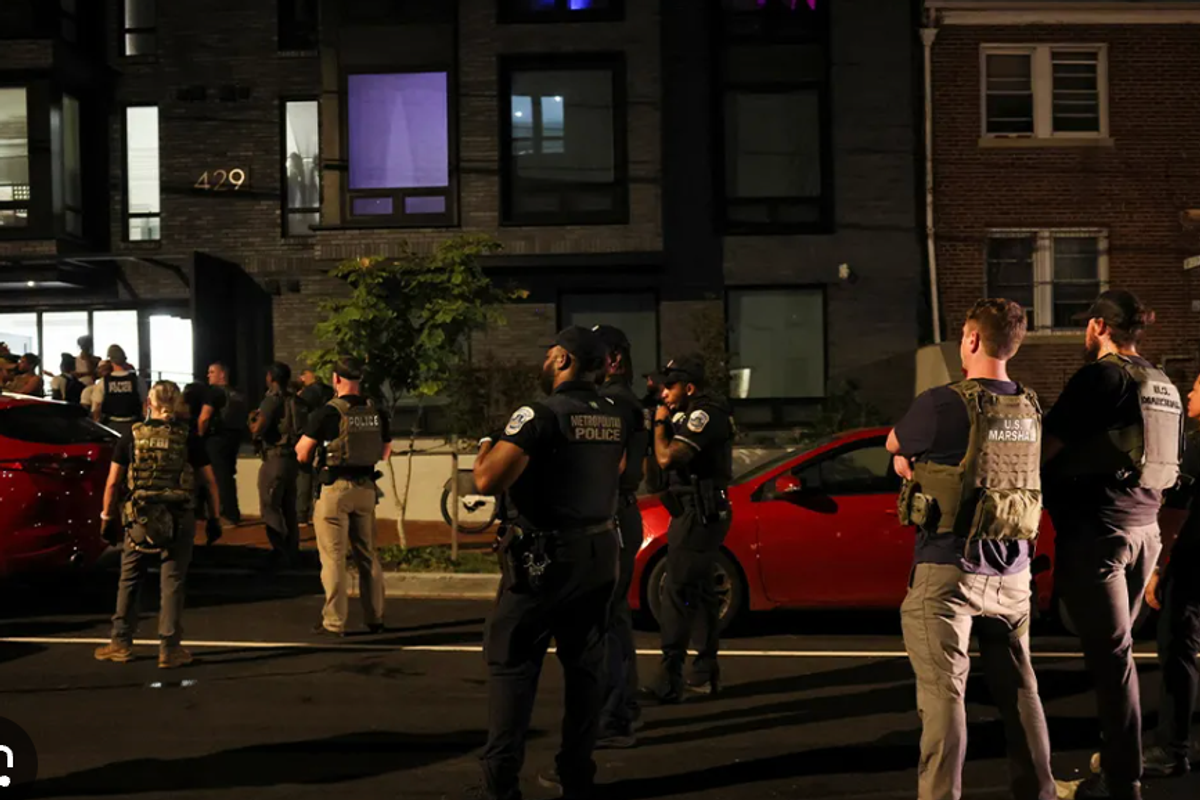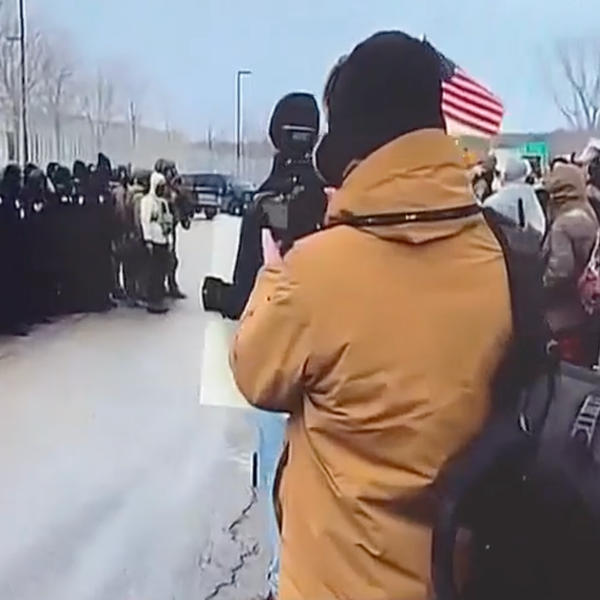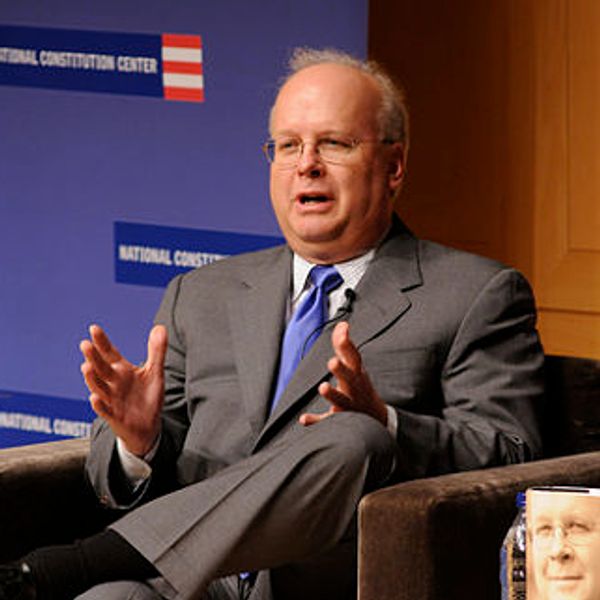The Summer Of Invasion: Trump Deploys Our Military As A Political Weapon

US Marshals, Metropolitan Police and National Guard in Washington, D.C. on August 13, 2025
This season is shaping up to be the summer of invasion in the U.S. But the invader is not a foreign power—it’s the President of the United States. Since June, when Trump purported to federalize several thousand California National Guard troops and deploy 700 Marines to Los Angeles for immigration enforcement, he has pushed to put U.S. military personnel on American streets. He’s testing limits, probing for weak seams in the law, and laying the groundwork to blow them wide open.
In California, a 3-day bench trial wraps today before Judge Charles Breyer to determine whether the Administration’s actions—over the objection of state officials—were lawful. Earlier this week, Trump announced with fanfare a military presence in Washington, D.C., and floated plans to “branch out” to other cities, including Baltimore, Chicago, New York, Los Angeles, and Oakland—all Democratic strongholds with large African-American populations. Now comes the latest: a 600-person “rapid response” unit the Pentagon has billed as a nationwide quick-reaction force—functionally, a standing crowd-control team in camouflage.
In Washington, Trump startled local officials by declaring that federal offices from a dozen agencies will moonlight as cops on the beat. FBI agents will be doing night patrols—an unglamorous and wearisome assignment that carries the added bonus, for Trump, of humiliating them.
He painted the capital as a hellscape “overtaken by violent gangs and bloodthirsty criminals” with historically high murder rates. This brazenly false litany went straight into the Trump Hall of Fame for lies. In reality, violent crime in the District is at its low point this century and still falling.
And just this morning, Trump announced that he will ask Congress — as required under the terms of the D.C. Home Rule Act — for an “indefinite extension” of his federal takeover of D.C.
If this sounds like the plot of a bad dystopian novel, that’s because deploying the military as domestic police is a hallmark of totalitarian regimes. From Tiananmen Square to Budapest in 1956, images of soldiers confronting civilians—armed not just with rifles but with the machinery of the state—are the stuff of governments bent on keeping citizens afraid and in line.
The Law: Posse Comitatus
The Anglo-American legal tradition has long held that the military should not serve as domestic police—a principle born of centuries of bitter experience with standing armies turned inward.
The chief U.S. embodiment of that principle is the Posse Comitatus Act (“PCA”), which makes it a crime to use the Army or Air Force to execute domestic laws unless the Constitution or Congress expressly allows it (18 U.S.C. § 1385). Parallel restrictions limit the Navy and Marine Corps by Defense Department policy, and other provisions bar military personnel from direct participation in searches, seizures, and arrests.
The political origins of the PCA are telling. During Reconstruction, federal troops protected freed Black Americans and enforced civil rights in the face of violent resistance. By the mid-1870s, Southern Democrats pushed fiercely to end military oversight. After the contested 1876 election and the “Compromise of 1877,” the last troops left the South. Posse Comitatus followed soon after as a legislative lock on that bargain: no domestic policing by the Army unless Congress clearly says so.
“A law meant to stop the Army from protecting freed slaves may now be the last defense against a president using the Army to erode everyone’s rights.”
The irony is stark: the Act sprang from backlash that entrenched Jim Crow, but its core safeguard—keeping the military out of routine civilian law enforcement—has endured precisely because Americans understand the danger of blurring soldier and policeman.
Emergencies and the “Prerogative”
The premise of the PCA is straightforward: civilian policing belongs to civilians, bound by constitutional limits. Soldiers answer to a different chain of command and are trained for war, not neighborhood order.
Yet democracies can’t operate on absolutes. Genuine emergencies—moments when the political community’s survival is at stake—can require bending legal guardrails, briefly and transparently. Stable democracies recognize a narrow safety valve for extraordinary powers to quell existential threats.
In his Second Treatise on Government, John Locke called this the “prerogative”: acting outside the law to preserve society itself. The corollary is crucial—it must be narrowly justified by immediate necessity, and the leader bears full accountability. Political theorist Michael Walzer adds that a leader invoking extreme powers should expect sanction afterward, so the exception never becomes precedent.
Lincoln’s point and Locke’s warning converge: emergencies may require extraordinary action—but never a standing license to rule outside the law.
The Narrow Legal Avenues
U.S. law contains only a few functional exceptions to the PCA, allowing the President to call in federal troops or federalize the National Guard when the chips are truly down. Trump has repeatedly invoked these in an effort to extend military control over some 15 million Americans in major Democratic strongholds—pointedly ignoring cities in red states with the nation’s highest homicide rates.
For example, in California, he relied on 10 U.S.C. § 12406, which permits such action only in cases of invasion, rebellion, or inability to enforce federal law in the courts. The trial before Judge Breyer will likely hinge on whether the Administration can prove any of those triggers.
Trump’s method is to take these narrow seams and drive a tank through them—recasting ordinary unrest as “national emergencies” and stretching statutory language past recognition. It’s the classic strongman playbook: declare a threat, suspend normal rules, and normalize the suspension until it becomes the rule. The political justifications often defy basic facts, as with his D.C. crime claims.
In the legal challenges ahead, the central question will be how much deference the courts will grant. In California, Judge Breyer initially stayed Trump’s order, finding the situation in L.A. did not meet the statutory definition of a “rebellion”—a determination for the court to make. The Ninth Circuit reversed, saying he should have been more deferential to Trump’s reading of events.
That gap will be the battleground for Trump’s martial ambitions. The courts, particularly the Supreme Court, traditionally give presidents wide leeway. But in Trump’s case, that risks enabling lies to greenlight a constitutional collapse.
The danger in giving him broad license—which he doubtless will abuse—is that it would create a standing power to send in troops whenever and wherever he chooses. That is a giant step toward dictatorship.
It’s not hard to see the endgame: a contested election Trump calls “fraudulent” becomes an “emergency” justifying troops to “restore order.” That way lies totalitarian rule.
We are at a hinge moment. The PCA, the Insurrection Act, and related laws assumed presidents would use emergency powers in good faith. That assumption no longer holds.
Trump has made clear he will misrepresent facts and exploit every procedural crack to consolidate power. If Congress and the courts don’t rise to the challenge, we could follow Hungary’s path, where a once-democracy now exists in a near-permanent state of emergency under Viktor Orbán.
The judges in these cases face a stark choice: one path leads back to the constitutional balance that has kept troops out of domestic policing for nearly 150 years. The other leads, step by calibrated step, to a system in which the president governs with soldiers at his side and citizens under their watch.
And we, in turn, face a call to action: to push back with everything we have against the day when tanks—not laws—decide our political fate.
Harry Litman is a former United States Attorney and the executive producer and host of the Talking Feds podcast. He has taught law at UCLA, Berkeley, and Georgetown and served as a deputy assistant attorney general in the Clinton Administration. Please consider subscribing to Talking Feds on Substack.
Reprinted with permission from Substack.








